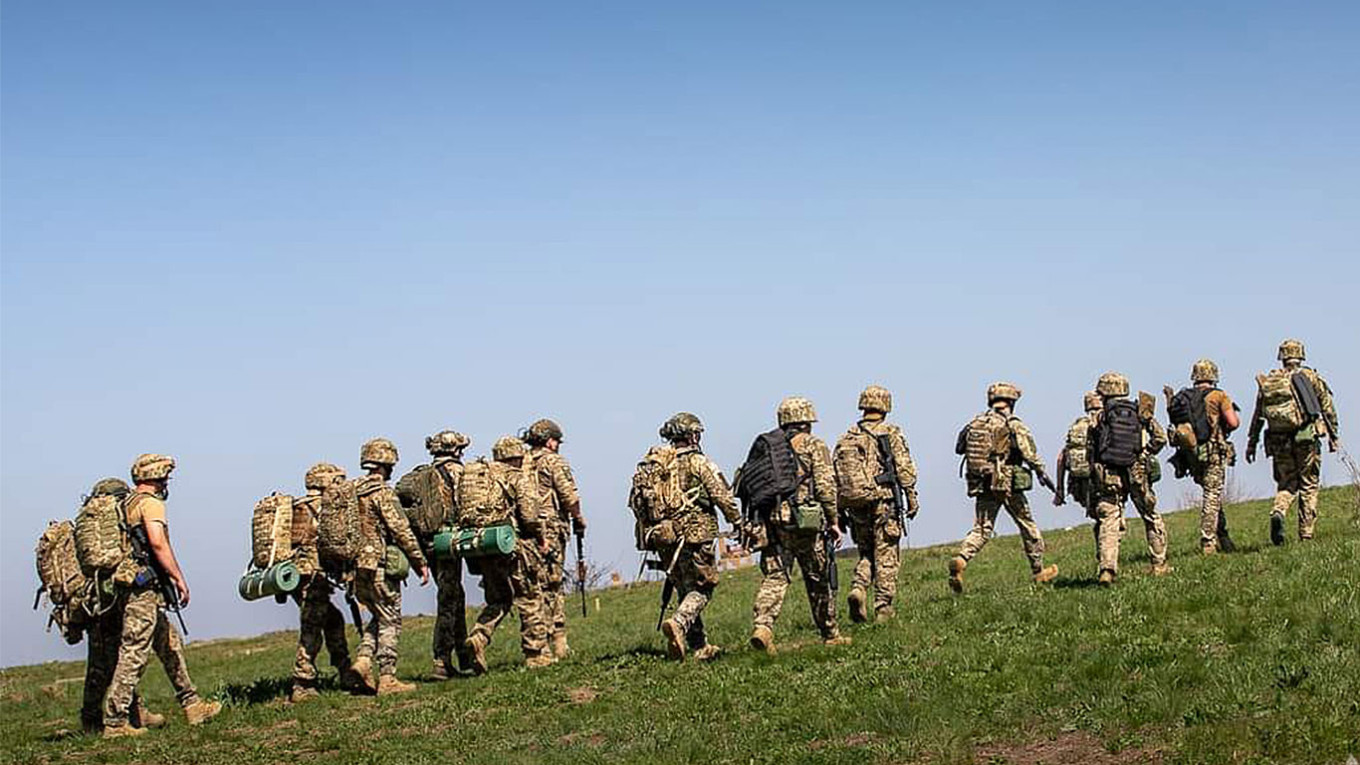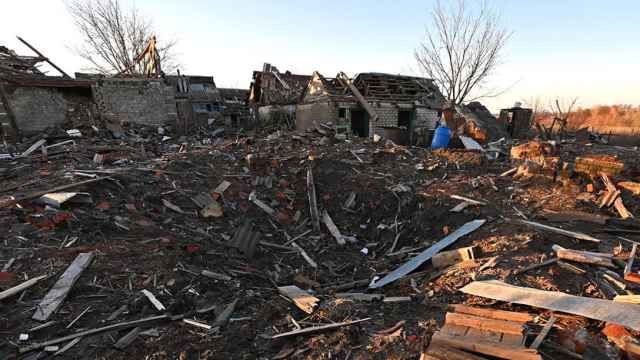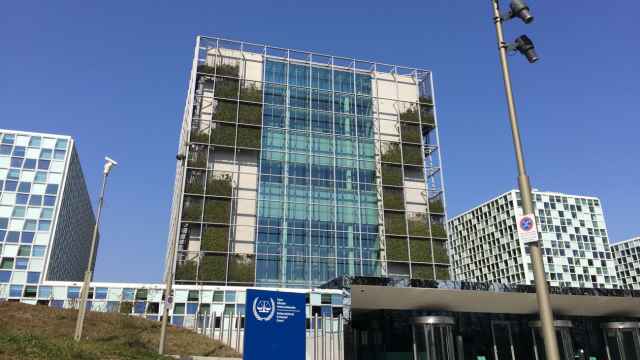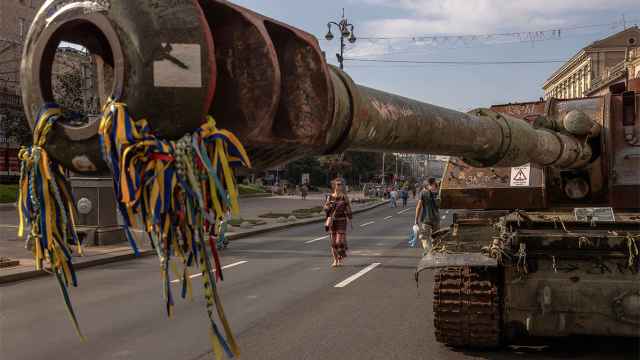Ukraine on Tuesday suspended consular services for men of fighting age living abroad, after announcing measures to bring them home amid manpower shortages in the army fighting Russia.
The move, which will hinder the renewal of official documents abroad, drew criticism.
It is part of efforts to boost Ukraine's army, which has been struggling to hold the front lines partly because of a lack of soldiers.
Ukraine's foreign ministry "announced a temporary suspension of accepting new applications for consular services" for men between 18 and 60.
It made an exception for documents allowing them to return to Ukraine.
The measure will likely oblige Ukrainian men to request administrative procedures that were previously available abroad in Ukraine.
It is tied to a law on mobilization due to come into force on May 18.
The law aims to overhaul the mobilization system, including by toughening penalties against draft dodgers and by forcing men to keep their military registration up to date.
The suspension of consular services was needed to "resolve technical issues" linked with the implementation of the new legislation, the ministry said.
It said men would be able to access consular services once the law came into force and "after updating their military registration."
"Male citizens of Ukraine aged 18 to 60 with valid military registration documents will have full access to consular services," it said.
'Duties to the homeland'
Ukrainian men have been prohibited from leaving the country since the invasion began, apart from a few exceptions.
But some lived away before the war began, and Ukrainian media outlets estimate that thousands more fled the country illegally.
Ukraine's Foreign Minister Dmytro Kuleba said earlier that "Staying abroad does not relieve a citizen of his or her duties to the homeland."
He said he ordered "fair" measures concerning "men of conscription age in Ukraine and abroad."
Even before the official statement, Ukrainian media published a document announcing the measure.
It was met with some criticism and concern, with many public figures warning it would be counterproductive.
"This will not make men who went abroad... to come back to Ukraine and to fight," Sergiy Petukhov, a former deputy justice minister, said on Facebook.
Serhiy Fursa, an economist, described the measures as "revenge" and accused the government of acting out of "populism" that risks to "divide society."
The head of the Helsinki Group's Ukraine branch, Oleksandr Pavlichenko, said the move could negatively impact Kyiv's reputation abroad.
Kyiv has ceded ground to Russian forces since late last year as it struggles with a shortage of manpower and hold-ups in much-needed aid from Western allies.
Ukraine's government took months to pass the law facilitating mobilization.
But lawmakers came under criticism for scrapping a clause that would have allowed soldiers fighting for more than 36 months to return home.
The new laws are designed to bolster Ukraine's fighting potential but have caused anger in a nation exhausted by more than two years of battling invading Russian forces.
A Message from The Moscow Times:
Dear readers,
We are facing unprecedented challenges. Russia's Prosecutor General's Office has designated The Moscow Times as an "undesirable" organization, criminalizing our work and putting our staff at risk of prosecution. This follows our earlier unjust labeling as a "foreign agent."
These actions are direct attempts to silence independent journalism in Russia. The authorities claim our work "discredits the decisions of the Russian leadership." We see things differently: we strive to provide accurate, unbiased reporting on Russia.
We, the journalists of The Moscow Times, refuse to be silenced. But to continue our work, we need your help.
Your support, no matter how small, makes a world of difference. If you can, please support us monthly starting from just $2. It's quick to set up, and every contribution makes a significant impact.
By supporting The Moscow Times, you're defending open, independent journalism in the face of repression. Thank you for standing with us.
Remind me later.






